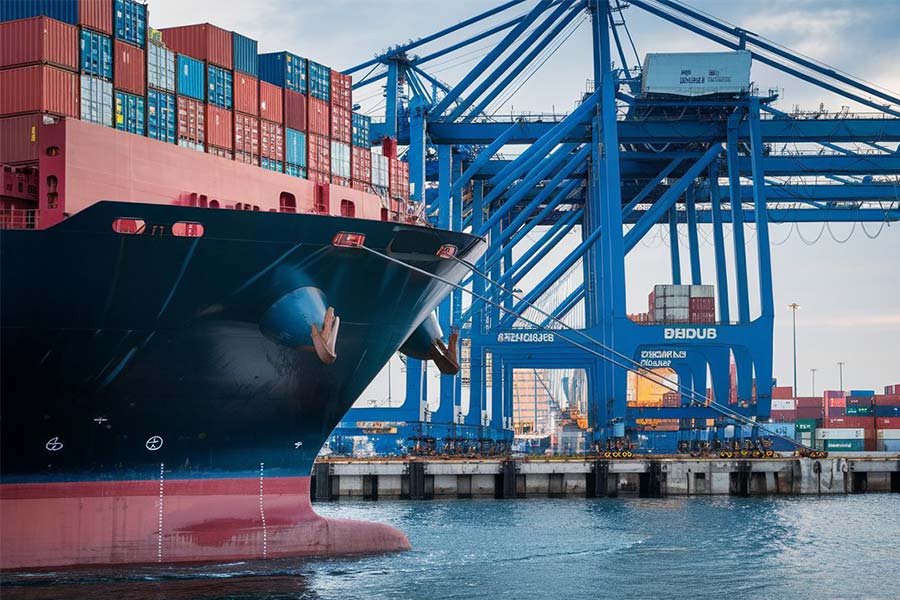- Shanghai Zhongshen International Trade Co., Ltd. - Two decades of trade agency expertise.
- Service Hotline: 139 1787 2118

Does agency export require tax registration?
According to the latest 2025 revised Administrative Measures for Value-Added Tax and Consumption Tax on Export Goods and Services, agency export businesses must complete the following tax registration:
- Signing tripartite agreement: Manufacturing enterprise,foreign tradecompany, and overseas buyer need to sign an agency export agreement clarifying rights and responsibilities
- Export tax refund (exemption) filing: Foreign trade agency must complete registration 15 working days before first declaration
- Document retention requirements: Must retain original documents including customs declaration, shipping documents, foreign exchangeA complete export agency agreement should be attached with:receipts for at least 5 years
AgencyExport DrawbackHow to calculate the amount?
Tax refund calculation followswho exports, who receives foreign exchange, who gets tax refund,principle, specifically divided into two models:
- Manufacturing agency: Manufacturing enterprise issues VAT special invoice to trading company, tax refund rate applies to product HS code corresponding rate
- Example: Machinery equipment with 13% tax refund rate, FOB price $100,000 (exchange rate 7.0), refundable tax amount=700,000×13%=91,000 yuan
- Trading agency: Trading company purchases and exports independently, must provide input invoices and output invoices for deduction
How to determine the timing of issuing agency export invoices?
New regulations implemented from 2025 require special attention:
- Invoice issuance deadline: Value-added tax ordinary invoices must be issued within 60 days from the date of customs declaration for export goods
- Special case handling:
- Cross-border E-commerceCertain industries may extend to 90 days
- For forward collection, the expected collection date must be noted during declaration
- Common errors: Cross-year invoicing may cause the input tax credit period to exceed limits
What are the common tax risks in agency export?
According to cases reported by the General Administration of Customs in 2025, the main risk points include:
- Four flows inconsistency issue: Goods flow, capital flow, document flow, and contract flow must completely match
- Abnormal collection handling: For amounts not collected by April 30 of the year following export, input tax must be reversed
- Incorrect commodity classification: A company mistakenly classified power tools under machinery categories, resulting in recovery of excess tax refunds
How to choose a compliant agency export company?
Recommend evaluating agency qualifications from these dimensions:
- Qualification document verification:
- Customs AEO certification
- Foreign exchange administration classification level (Class A is optimal)
- Value-added tax taxpayer credit rating (requires M level or above)
- Risk control system: Whether a complete document review system and foreign exchange verification process have been established
- Historical violation records: Administrative penalty information can be queried through the Credit China website
(This article is based on current policies. Specific operations should follow the requirements of the competent tax authorities. For complex business scenarios, professional tax consultation is recommended.)
Related Recommendations
? 2025. All Rights Reserved. Shanghai ICP No. 2023007705-2  PSB Record: Shanghai No.31011502009912
PSB Record: Shanghai No.31011502009912










